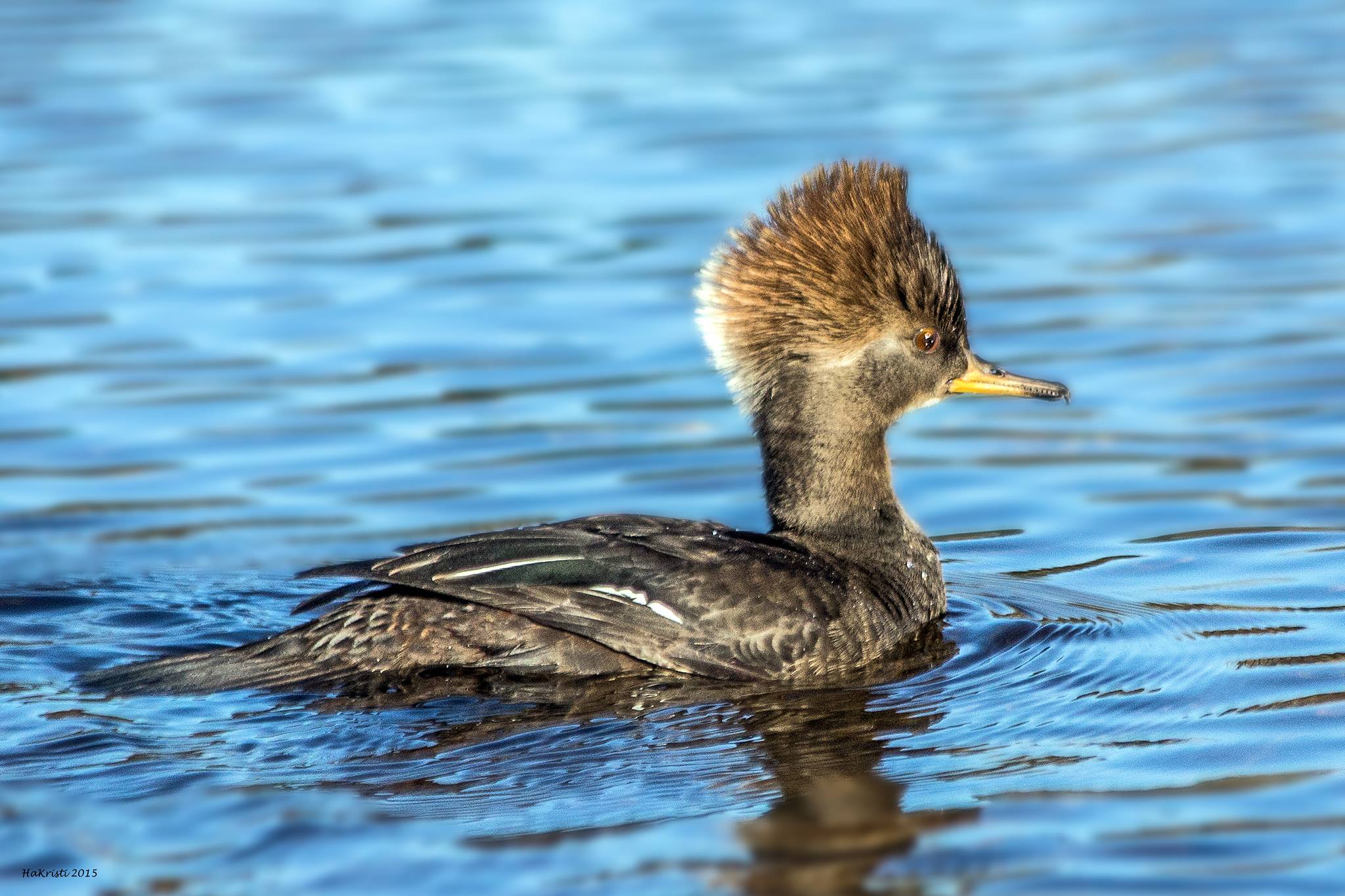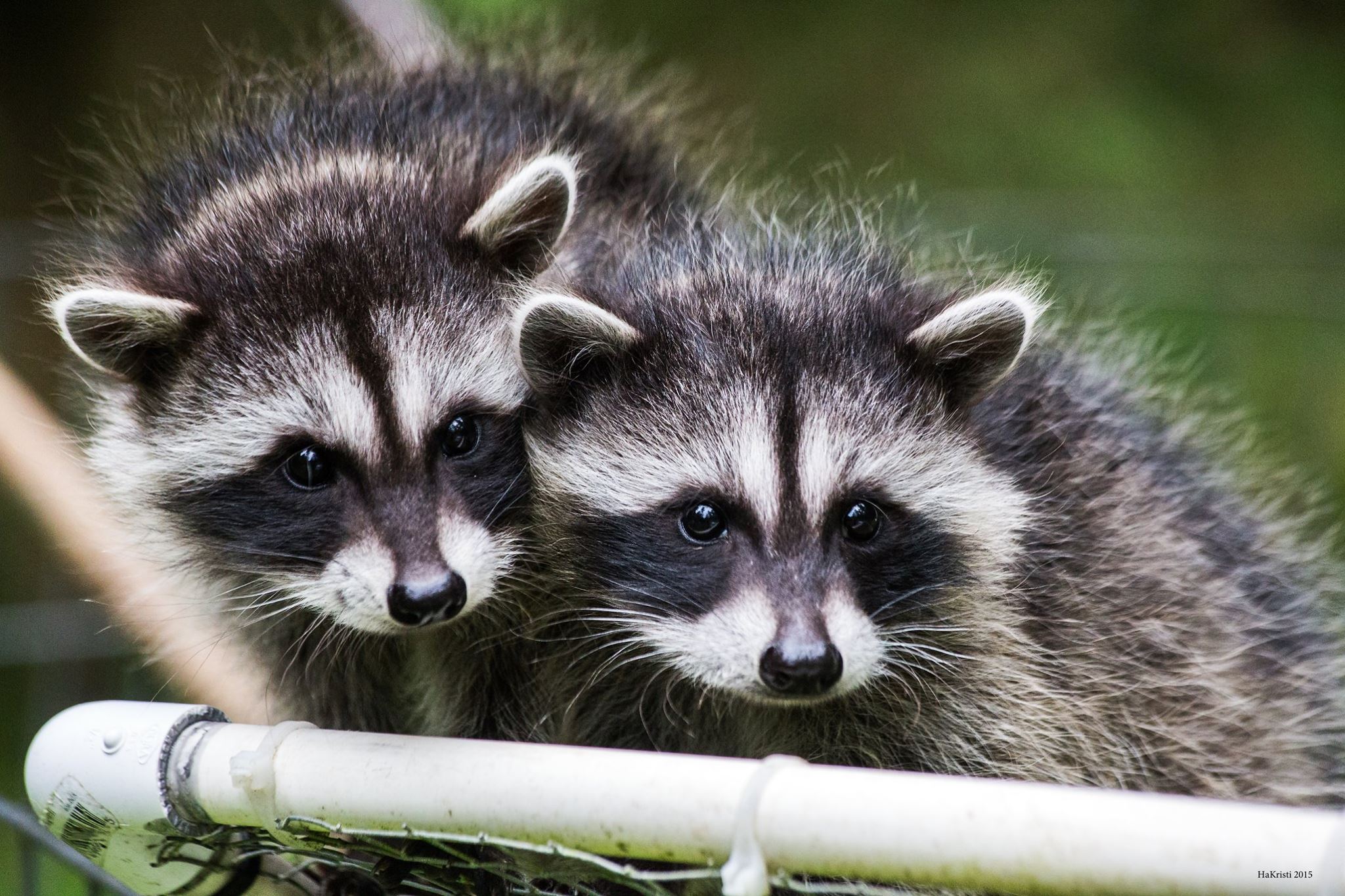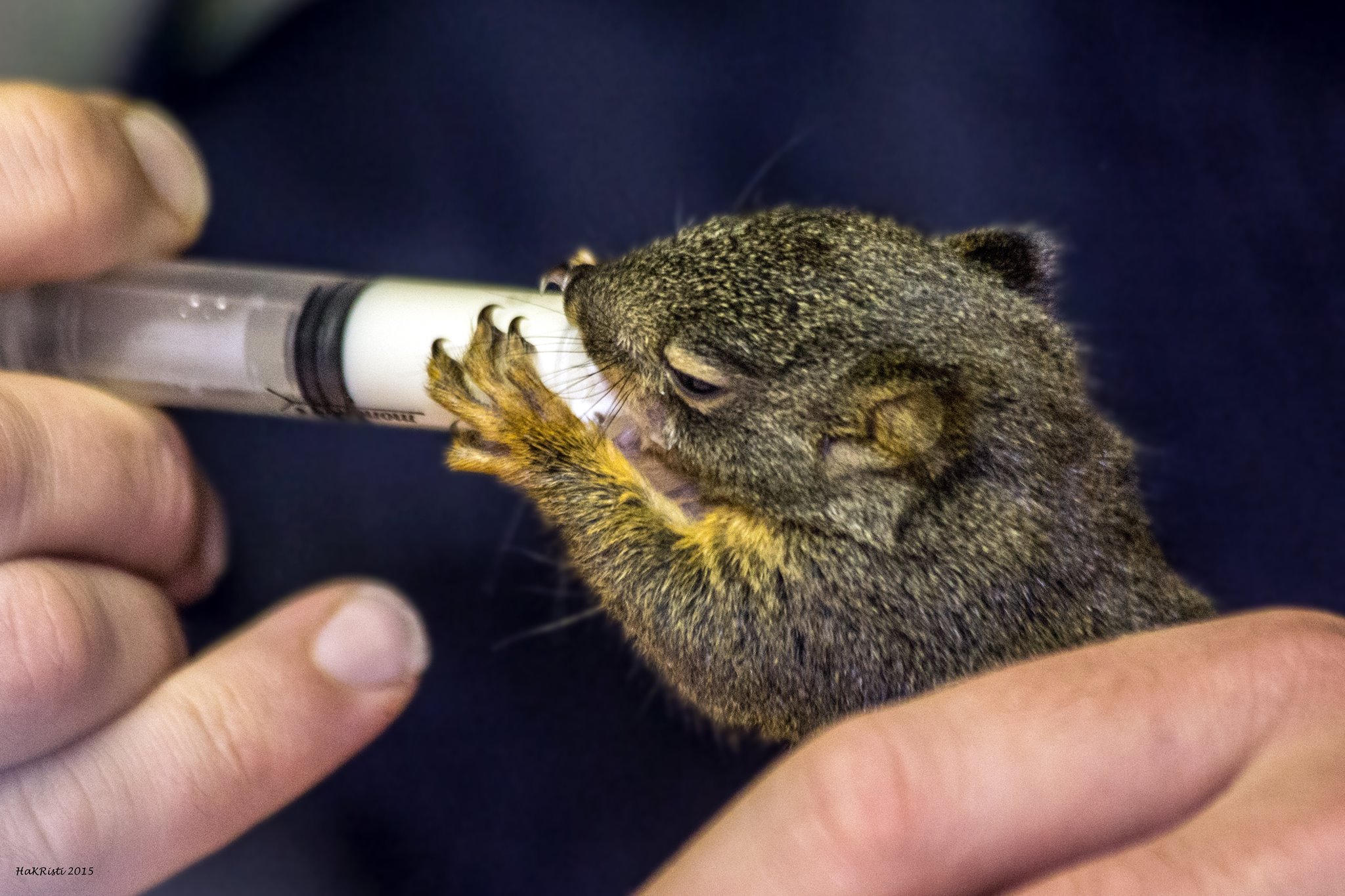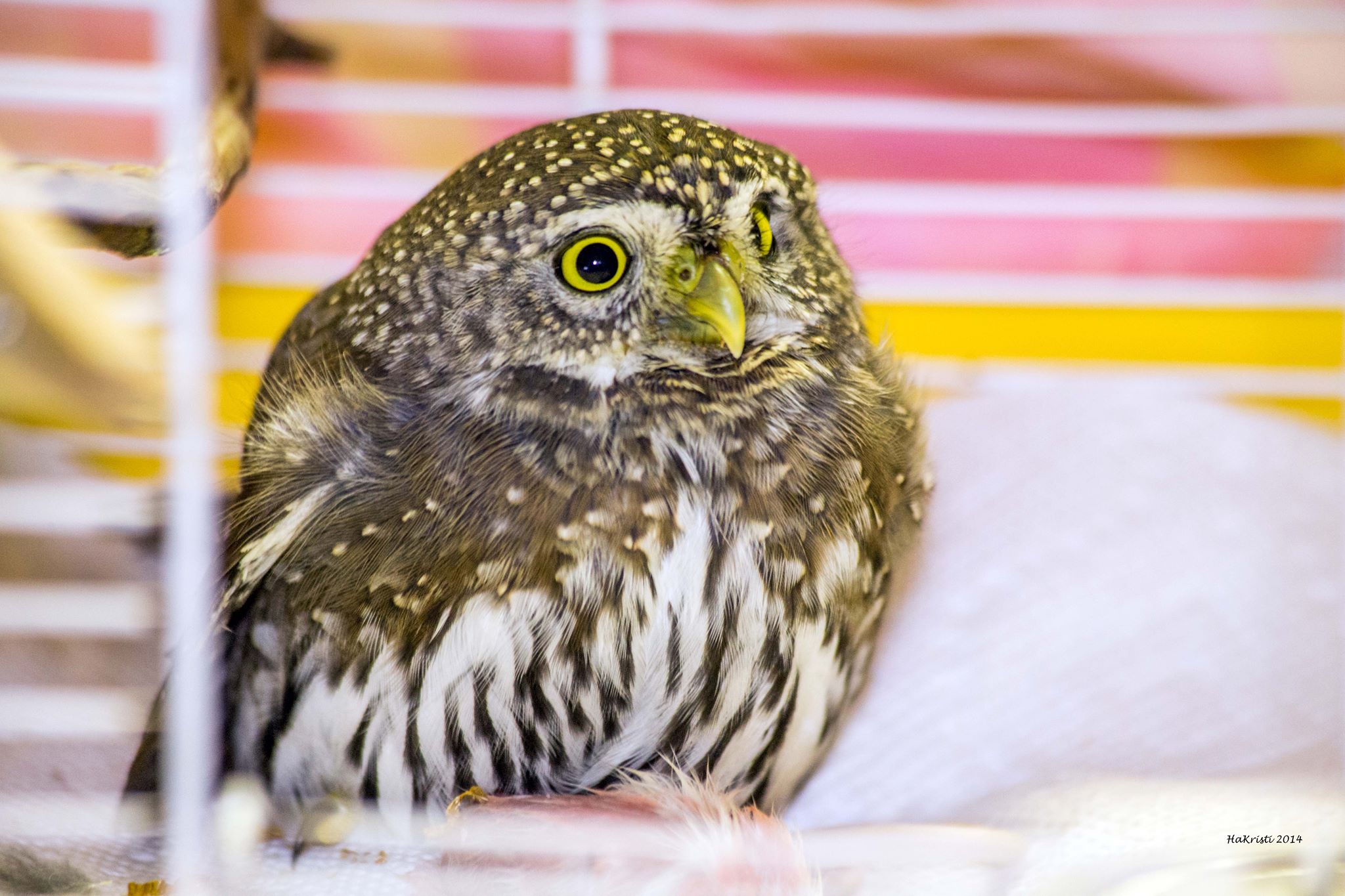Rehabilitation Centre Closing December 31, 2024
Our rehabilitation centre in Gibsons is scheduled to close at the end of December. Following that, we will no longer be accepting injured, orphaned or ill wildlife.
We have reluctantly made this decision because of the rising costs, including significantly higher costs for animal feed and the supplies needed for treating the wildlife. As with many non-profit organizations, donations we receive have not kept up with the rising cost of living.
The rehab centre has helped more than 11,500 distressed creatures over the years. Our organization will continue to exist, focusing on educational activities, such as advising locals on how to deter raccoons from going into attics and how to help a bird that has flown into a window.
We also hope to fundraise for a new property. Our vision is to eventually reopen the rehab centre, with a bigger building on a larger property. We anticipate needing to fundraise one million dollars to purchase a property of about five acres.
You can read more about the closure in this Coast Reporter article.
If you have discovered an injured, ill or orphaned wild animal, we recommend you contact Report all Poachers and Polluters (RAPP), which is a 24-hour government reporting system. You can call them toll-free at 1-877-952-7277.
About the Wildlife Centre
Gibsons Wildlife Rehabilitation Centre is a non-profit, registered society.
Up until December 31, 2024, we admitted into care wild birds and small mammals which were in distress. Each year we received hundreds of calls on behalf of injured and orphaned wildlife and provided for the animal’s every need including feeding, watering, daily cleaning and medicating (if necessary).
Treatment was sometimes as simple as providing proper food, water and warmth to an orphaned fledgling until it was old enough to be released to the wild, or as complex as an operation by a veterinarian to implant a pin in a broken bone.
Some species of birds will not eat on their own in captivity and needed to be hand-fed. Others were too sick to eat and were tube-fed.
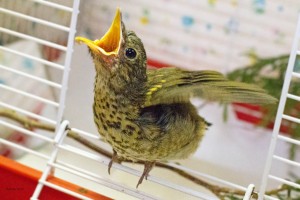 Fledglings and nestlings required feeding every 20 minutes to every hour, depending on the species and age of the bird (or animal). It sometimes took several weeks or even months of care to prepare an animal or bird for a second chance in its natural habitat. All this had to be done without destroying the animal’s basic fear of humans, for, once on its own again, its life could depend on that natural fear.
Fledglings and nestlings required feeding every 20 minutes to every hour, depending on the species and age of the bird (or animal). It sometimes took several weeks or even months of care to prepare an animal or bird for a second chance in its natural habitat. All this had to be done without destroying the animal’s basic fear of humans, for, once on its own again, its life could depend on that natural fear.
Gibsons Wildlife Rehabilitation Centre operated under permits from the Canadian Wildlife Service and the Ministry of Water, Land and Air Protection to care for sick, orphaned, injured, oiled or stressed migratory and resident birds or small mammals. However, we have never received government funding.
Along with birds of prey and other uncommon birds, Gibsons Wildlife Rehabilitation Centre has taken into care song birds and species such as crows and pigeons, as we believe all wildlife is worthy of the best care we can give it. The rehabilitation of wild creatures from hummingbirds to Great Blue Herons, or bats to raccoons means special housing, diets and care. It has been very costly and time-consuming work.
Each day humans are taking more and more from wildlife. Help us give something back.
Today, more than ever, wildlife has to endure loss of habitat (not just clear-cutting forests, but clearing of bush, shrubs and trees in backyards), pollution and human encroachment (including pet cats), all of which is having a negative effect on wildlife populations.
Each day humans are taking more and more from wildlife. We, at Gibsons Wildlife Rehabilitation Centre, are trying to do our part in giving something back. We dream of purchasing a property and constructing new buildings to house recuperating wildlife. Please help us achieve this dream task by making a donation.

